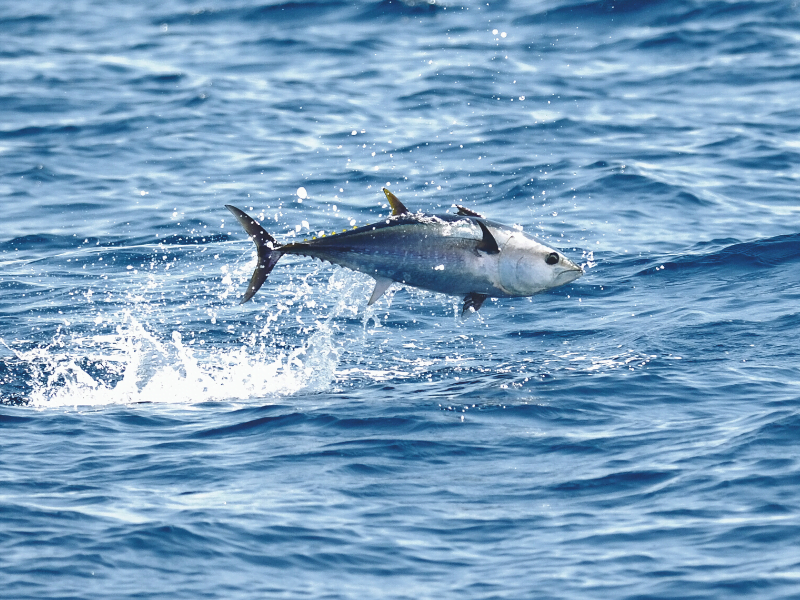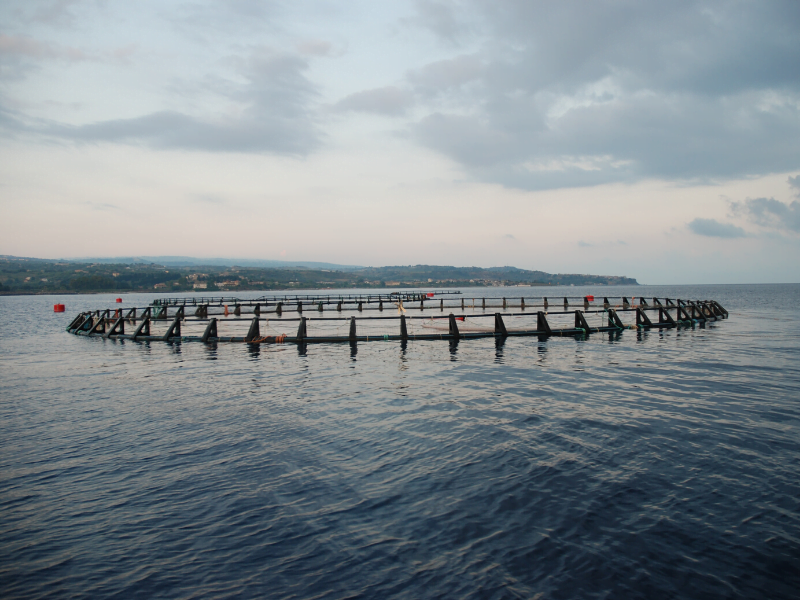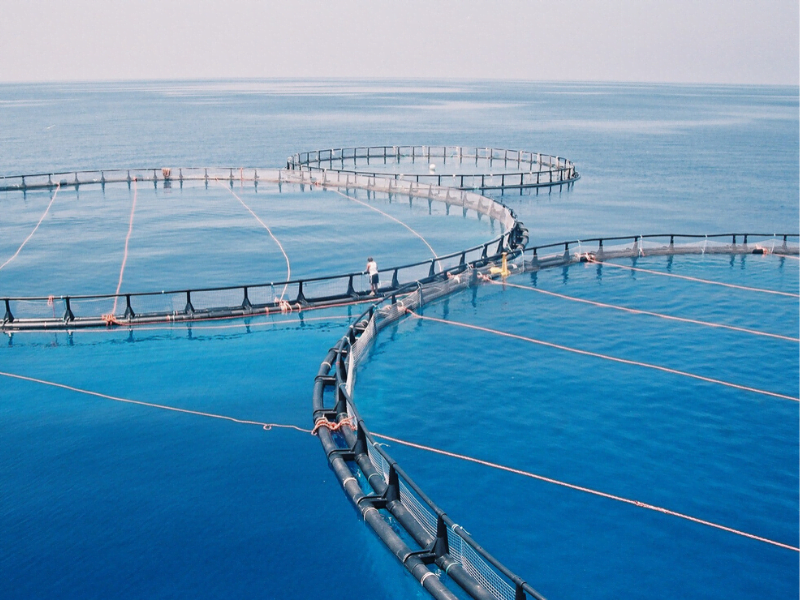Two months after the European Commission launched infringement proceedings against Malta over the failure to release 3,500 tuna that have been drifting at sea in two cages for close to a year, the situation remains unresolved, The Shift can reveal.
The release of the fish trapped was among other issues related to the industry in Malta. The combined weight of the tuna trapped in cages amounts to hundreds of thousands of kilos. The fish were caught by Italian and French fishermen at the beginning of last summer and sold to Maltese tuna pens.
Yet the live tuna in their carrier cages did not arrive in Malta within the deadline set by the International Commission for Conservation of Atlantic Tuna (ICCAT), rendering the consignments illegal.
They have since remained at sea in the carrier cages attached to vessels. “We have been asking for the release of these fish,” said the WWF’s Regional Manager on Bluefin tuna, Alessandro Buzzi.
“We are worried about the mortality rate of the fish being towed for so long, as well as the potential for IUU [illegal, unreported and unregulated fishing] by having the cages with the fish being kept far from land without any controls,” he added.

A rare photo of tuna above the water. Photo: WWF/Frederic Bassemayousse
Industry sources have said the incident symbolises the problems of the Maltese tuna penning industry, which is the largest in the world and generates more than €120 million annually.
A statement by the EU Commission following initiation of proceedings said Malta has failed to implement a management plan rolled out by ICCAT two years ago, as well as EU regulations.
As the tuna population continues to recover from the brink of extinction a decade ago, ICCAT and the EU have been seeking to tighten controls of ranching operations as part of the multi-year shift towards sustainable fishing of tuna.
The Commission’s statement that its inspectors were denied “access to waters under Maltese jurisdiction” might refer to the two cages that have been drifting at an unknown location – a source told The Shift that these are in Maltese waters, but this could not be confirmed.
A spokesperson for the Commission declined to “comment on ongoing investigations,” adding that “this would undermine the ongoing procedure.”
Malta’s tuna penning industry has been under scrutiny since a Spanish-led investigation in 2018 uncovered a smuggling racket of tuna amounting to €12 million annually.
A large part of this tuna was sourced from Malta’s tuna farms, reportedly from the Spanish-owned Mare Blu Farm, according to a Spanish newspaper. Malta Fish Farming was also implicated in reports.
Sources had told The Shift last year that the tuna was being smuggled overland in trucks, clearing customs by use of duplicate, fraudulent paperwork.
It is now thought that tuna that ended on the smuggling route might have come from pirate fishing of stray tuna that shadows others caught in carrier cages as these are towed to Is-Sikka tan-Nofs, a reef about six kilometres off the coast from Marsascala, where four of Malta’s five tuna farms are situated.

A tuna pen / cage. Photo: Alessandro Buzzi.
Sources have said the stray tuna are easy to catch, possibly due to hunger, and that thousands have been caught illegally from the environs of Is-Sikka tan-Nofs in recent years.
Fishermen have partaken in the bonanza; at one point last summer the price of tuna plummeted to €3 per kilo as illegally caught tuna flooded the market.
Fishermen active at Is-Sikka tan-Nofs – traditionally a good fishing zone that now attracts more fish due to remains of fish fed to tuna sinking through the cages – have been in uneasy coexistence with the farms in recent years. There have been reports or allegations of thievery, and last summer one or two farms began to tell fishermen to maintain distance.
Carrier cages of this year’s live tuna catch have currently begun to arrive at the farms at Is-Sikka tan-Nofs.
In its wide-ranging formal letter two months ago the EU Commission additionally accused Malta of delayed investigations, inadequate checks, and failure to “sanction operators” in reference to unspecified tuna farm operations. It gave Malta four months to comply before the escalation of legal action.
A spokesperson for the Maltese fisheries ministry did not divulge any specific information in response to The Shift’s questions on intensity of inspections planned.
The spokesperson wrote in an email about “new measures” and “control mechanisms” before specifying that “plans and implementation of controls in the current season are confidential.” The spokesperson also said that the ministry has procured two additional rigid inflatable boats, engaged more inspectors, and “invest[ed] in training courses and equipment” that would assist evidence-based analysis and checks.
Separately, Buzzi of the international NGO WWF also described additional control and traceability measures devised last March by ICCAT as “good proposals that would contribute to closing loopholes that enabled smuggling from Malta farms to Spain.”
Yet ICCAT has cancelled its annual meeting this year, which was due to be held after the summer, due to the coronavirus, and the adoption of these measures might be postponed to next year.












